What is Gut Detoxing?

Top 8 Herbs for Gut Detox – Gut detoxing (also referred to as colon cleansing) is an effective and safe way to rid your digestive tract of toxins and improve both health and immunity. Gut detoxing refers to the process of flushing away harmful waste from your digestive tract through diet and lifestyle modifications.
The goal is to improve digestion while simultaneously increasing immune function. Detoxification can also help reduce bloating and boost weight loss, while improving mood as your gut microbiome plays an essential role in regulating hormones that influence happiness and stress levels.
The health of our gut plays a pivotal role in overall well-being. A well-functioning digestive system ensures efficient nutrient absorption, toxin elimination, and immune support. Incorporating specific herbs into your diet can enhance gut health and promote detoxification. In this article, we’ll explore eight powerful herbs that naturally support your gut.
1. Ginger (Zingiber officinale)
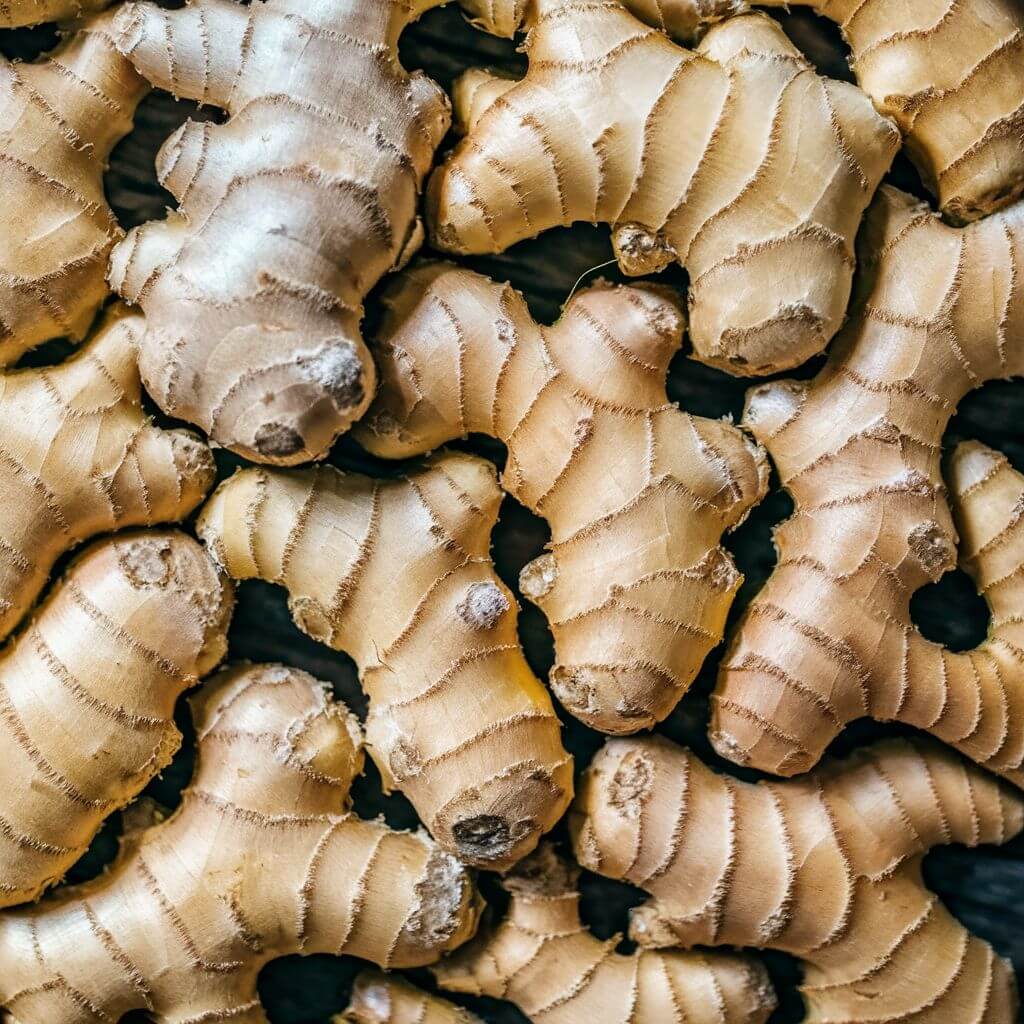
- What Is It? Ginger is a rhizome with a spicy, aromatic flavor. It has been used for centuries in traditional medicine.
- Benefits:
- Supports digestion by reducing bloating and nausea.
- Contains anti-inflammatory compounds.
- How to Consume? Add fresh ginger to teas, smoothies, or stir-fries. You can also brew ginger tea by steeping sliced ginger in hot water.
2. Peppermint (Mentha × piperita)
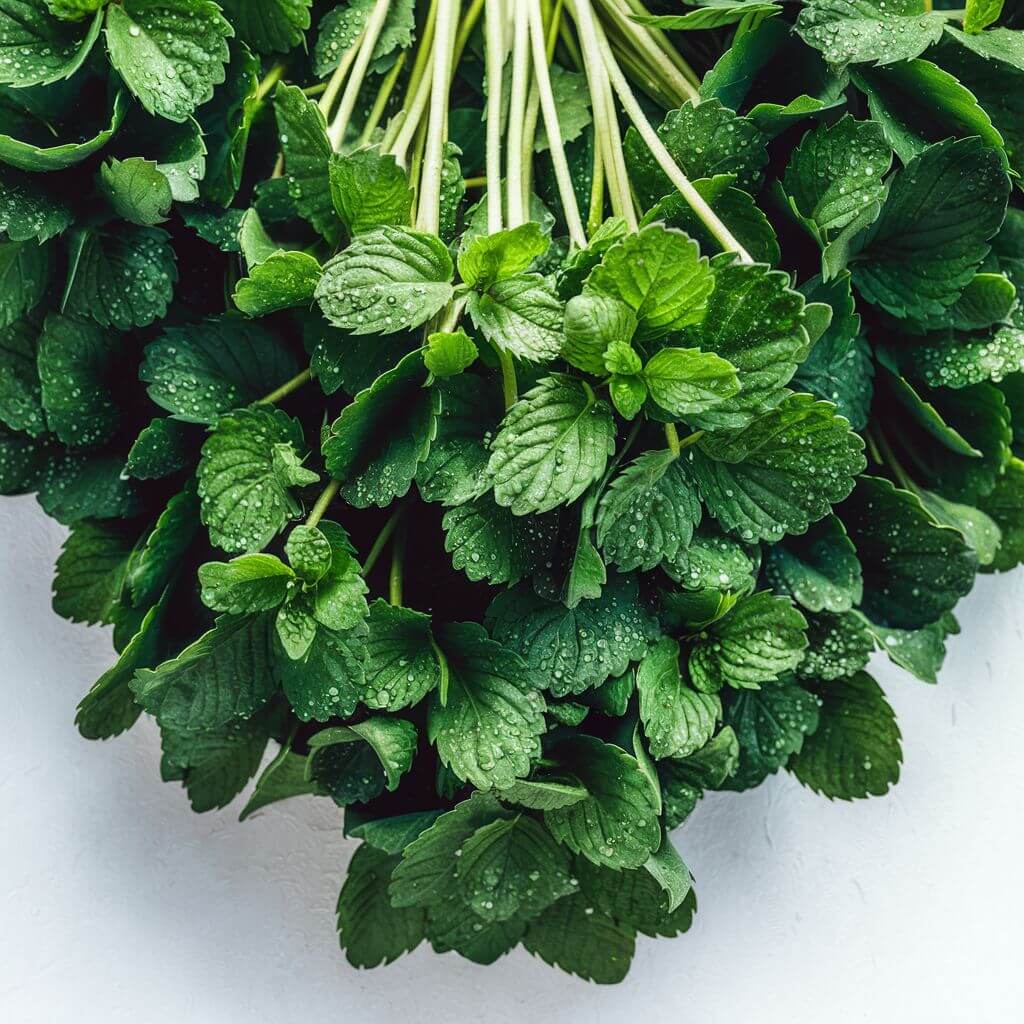
- What Is It? Peppermint is a cooling herb known for its soothing effects on the digestive tract.
- Benefits:
- Relieves indigestion and gas.
- Calms stomach discomfort.
- How to Consume? Sip on peppermint tea after meals or incorporate fresh mint leaves into salads and desserts.
3. Chamomile (Matricaria chamomilla)

- What Is It? Chamomile is renowned for its calming properties. It relaxes the digestive system and eases discomfort.
- Benefits:
- Reduces inflammation.
- Promotes relaxation and better sleep.
- How to Consume? Brew chamomile tea and enjoy it before bedtime or during stressful moments.
4. Dandelion Root (Taraxacum officinale)
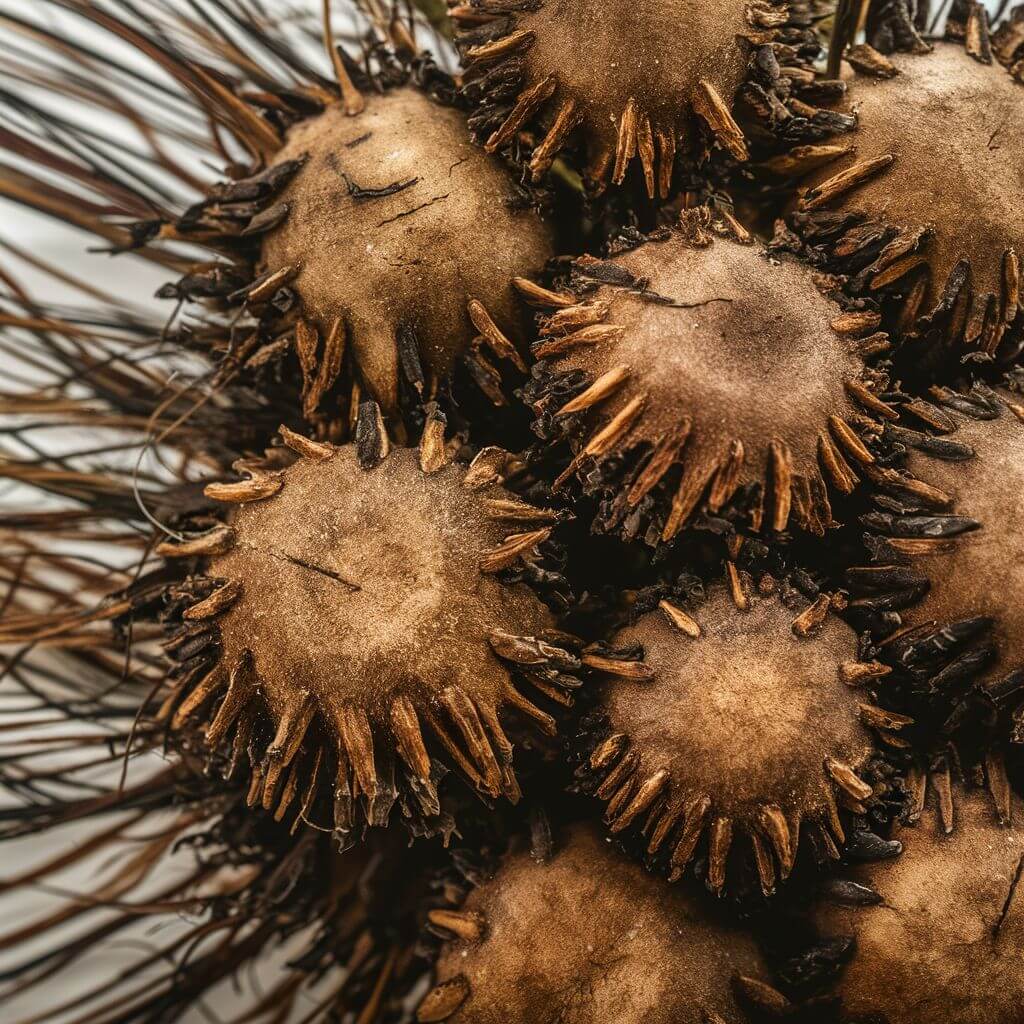
- What Is It? Dandelion root supports liver health and aids in detoxification.
- Benefits:
- Enhances liver function.
- Acts as a mild diuretic.
- How to Consume? Prepare dandelion root tea or add dried dandelion leaves to salads.
5. Calendula (Calendula officinalis)

- What Is It? Calendula, also known as marigold, has anti-inflammatory properties and supports gut healing.
- Benefits:
- Soothes irritated mucous membranes.
- Assists in tissue repair.
- How to Consume? Make a soothing calendula tea or use calendula petals in cooking.
6. Fennel (Foeniculum vulgare)
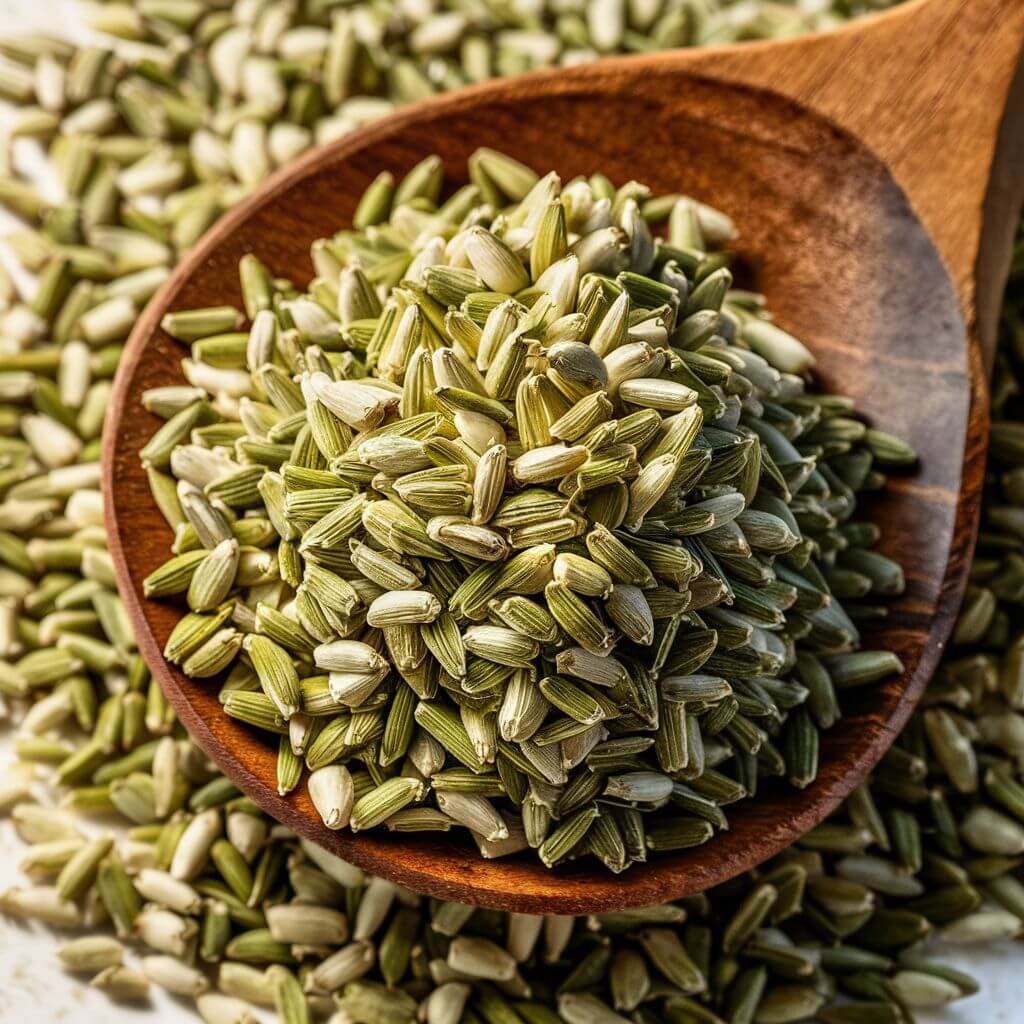
- What Is It? Fennel seeds aid digestion, reduce bloating, and alleviate gas.
- Benefits:
- Relieves colic and flatulence.
- Supports healthy gut motility.
- How to Consume? Chew fennel seeds after meals or brew fennel tea.
7. Lemon Balm (Melissa officinalis)
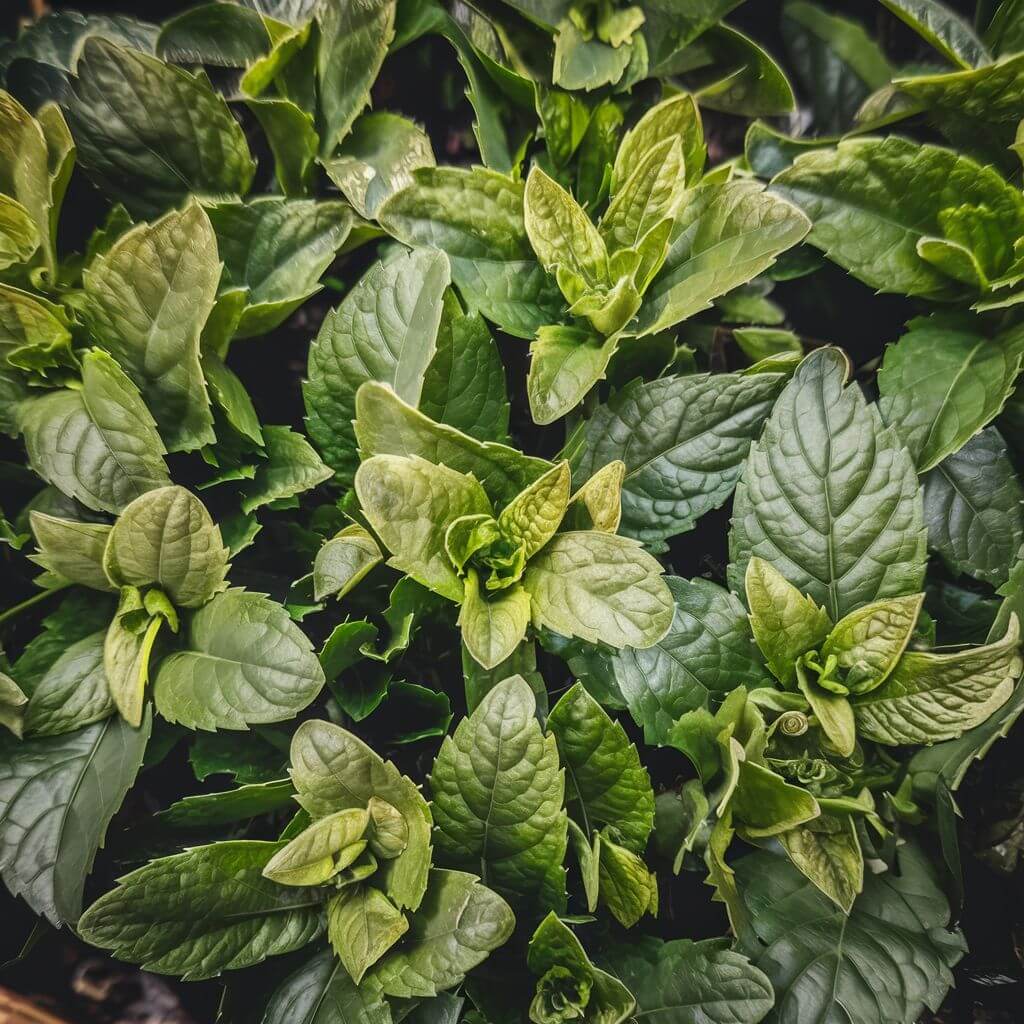
- What Is It? Lemon balm calms the nervous system and supports gut health.
- Benefits:
- Reduces stress and anxiety.
- Improves digestion.
- How to Consume? Infuse lemon balm leaves in hot water to create a refreshing tea.
8. Turmeric (Curcuma longa)
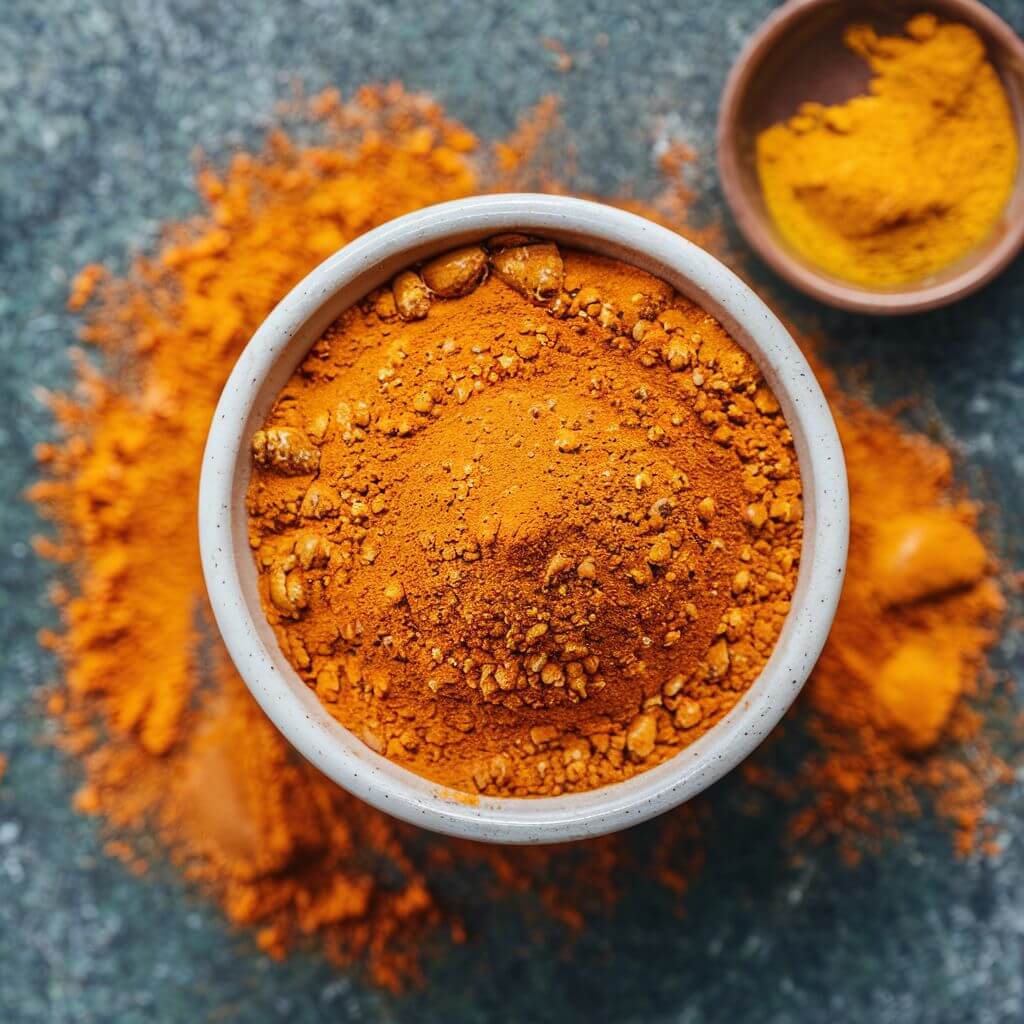
- What Is It? Turmeric contains curcumin, a potent anti-inflammatory compound.
- Benefits:
- Supports gut health by reducing inflammation.
- Enhances liver detoxification.
- How to Consume? Add turmeric powder to curries, soups, or golden milk.
Conclusion
Incorporating these herbs into your daily routine can enhance gut health, aid detoxification, and promote overall wellness. Remember to consult with a healthcare professional before introducing new herbs, especially if you have any existing health conditions. Explore these natural remedies and embark on a journey toward a healthier gut!
Top 8 Herbs for Natural Gut Detox: – FAQs
1. What are good ways to flush out your gut?
You can definitely boost your general well-being and gut health by implementing healthy habits of living:
1. Be sure to eat a balanced diet: Prioritize vegetables, fruits, Whole grains, fruit , fermented foods such as yogurt, kefir. Reduce processed foods and sugars added to them, as well as unhealthy fats, and salt consumption.
2. Keep hydrated: Drink plenty of fluids and water during the course of your day.
3. Manage stress: Stress can have a negative impact on the health of your gut. Utilize relaxation methods such as meditation, yoga or deep breathing to help manage stress efficiently.
4. Make sure you get enough rest: Sleeping enough is crucial for general health, and includes digestive health. You should aim for 7-8 hours of restful sleeping each evening.
5. Take a look at the effects of prebiotics: Prebiotics are a type of non-digestible fiber that serve as food for the bacteria in your gut. The sources include legumes, fruits, vegetables and whole grains.
6. Consult a healthcare professional: If you have persistent digestive issues, see a physician or registered dietitian to get personalized advice
2. What are the symptoms of an unhealthy gut?
An unhealthy gut can manifest through various symptoms, affecting your overall well-being. Let’s explore some common signs of an unhealthy gut:
Stomach Discomfort: Symptoms: Frequent gas, bloating, diarrhea, constipation, and abdominal pain.
Fatigue: Having persistent tiredness.
Food Cravings: Intense cravings, especially for sugar.
Unintentional Weight Changes: Unexplained weight gain or loss.
Upset Stomach: Frequent discomfort, heartburn, indigestion, and reflux.
Skin Issues: Acne, eczema, or other skin conditions.
Weakened Immune System: Frequent infections, allergies, or autoimmune issues.
3. What are worst foods for gut health?
Foods high in artificial additives, refined sugars and unhealthy fats tend to be detrimental for gut health. Processed foods, sugary beverages and excess intake of red and processed meats may upset the balance of gut bacteria, leading to inflammation and digestive issues. Artificial sweeteners and certain high-fat foods may also negatively impact gut health; for optimal digestive wellness it’s wise to limit such consumption and instead emphasize whole, unprocessed foods rich in fiber and probiotics as part of a balanced diet.
Related Article: Top 3 Probiotics for Gut Health and Constipation
